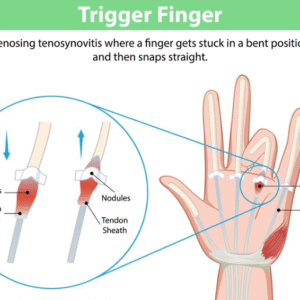Hearing loss is one of America’s more pervasive disorders, and the third-most prevalent condition in older U.S. adults. And with hearing also intrinsically linked to cognitive ability, it can be a dangerous condition to ignore. How’s your hearing? When was the last time it was tested? And is it time to get tested now? Let’s find out.
What Do We Mean by Hearing Impairment?
Hearing impairment can cover a vast array of auditory issues, with a wide range of root causes and symptoms. It is an umbrella term, with the disorders and diseases under it sharing similarities in symptoms and effects. Generally hearing impairment is a result of a condition – for example, tinnitus, which is actually a neurological condition caused by shocks to the nervous system, whether auditory or trauma-based. Hearing impairment can also be localized, as with the perforation of an eardrum or a build-up of wax. Either way, the result is the sufferer finding it difficult or impossible to hear properly.
Signs You May Need a Hearing Test
The most obvious sign that your hearing may be impaired is the noticeable loss of hearing capability – for example, finding yourself turning up the volume on your TV or smartphone louder and louder in order to hear media, or conduct a phone call. This can be hard to notice straight away, as hearing tends to deteriorate slowly over time; you are more likely to notice this if you have suffered an injury that resulted in rapid hearing damage.
Another sign you may need to address your hearing is a lot less commonly-known amongst those who don’t usually have trouble. Sufferers of tinnitus don’t always hear ringing or rumbling sounds in their ears; the disorder can also affect how you hear speech. If you’ve been finding it hard to differentiate voices in a crowd – or if more than one person is speaking, and you cannot pick out any one voice – this may be evidence of hearing impairment.
Proof you may be suffering with hearing issues can also lie in other parts of your body. Pay attention to your body when you are at a meeting, or talking to people in person. If you find yourself stretching or twisting in order to hear somebody better, this could be evidence your hearing is worse in one ear than the other.
How to Get a Hearing Test
You might think the best way to seek out help for your hearing is to go through your physician – and in some cases this may work for you, but can also result in additional fees and long wait times for the care you might need. Instead, you can register for an online hearing test with a professional hearing care service, and fast-track your way to finding out if you require treatment.






